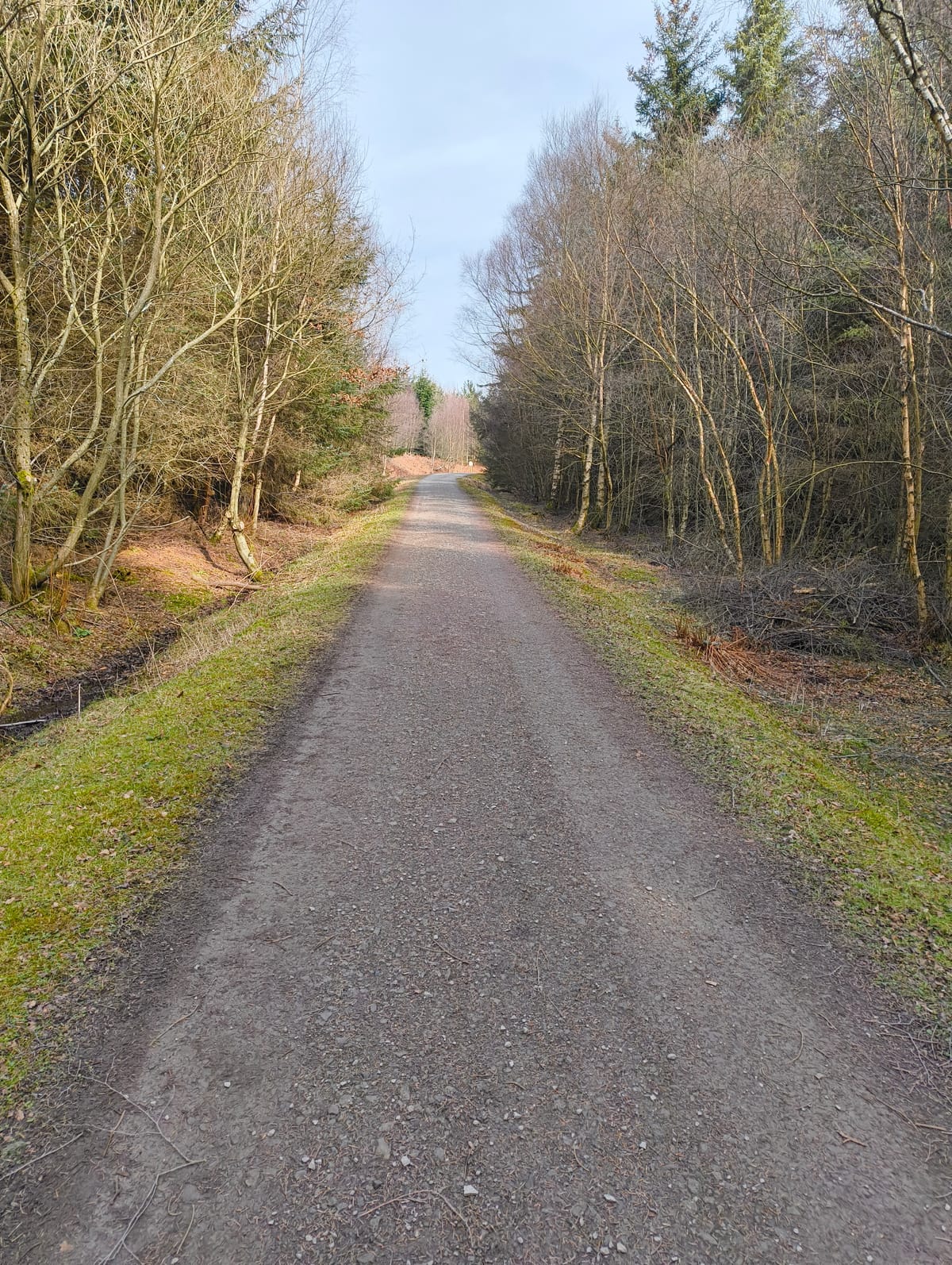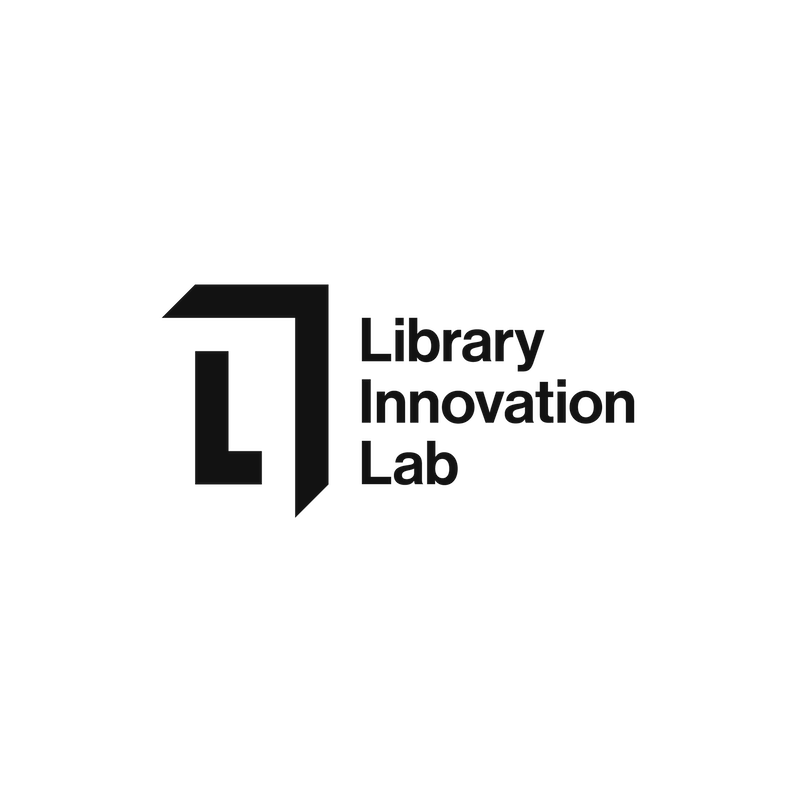Weeknote 21-03-25
Lots of planning, some exploration of community centred & owned data or 'data as conversations', some rambles on AI & Tech. Some interesting things as well and my March cold water dip.

What I did
No really meaty bits of work this week. Lots of bits here and there. Much of my time was actually spent meeting people and putting some outline proposals together. Hopefully some of them come off as they'd be interesting!
- Met with Rachel from Students Organising for Sustainability about the RACE Report - I admittedly hadn't heard of either before which is weird as it's right in my areas of interest (Environment, data, transparency).
- Met with Darshan from Super Being Labs which was ace. Talked about, well, what didn't we talk about - data, knowledge, wisdom, democracy, disinformation, AI, big tech to name a few. Felt invigorated afterwards.
- I was supposed to be at an event on Thursday talking about funders roles in Community-owned & Centred data as part of the GLA event...unfortunately I was only told I was meant to be there on Monday, and trains and child care meant I couldn't actually make it. If I had I probably would have talked about something like this
- If we truly want data that is community-owned and community-centred, we need to start viewing 'data as conversations'. Just as I've talked before about 'maps as conversations', this is an extension of the same essential idea: meaningful data isn't just something collected and analysed; it's something that communities actively engage with, discuss, interpret, and shape together. I got carried away and ended up just writing a post about this. You can find that here.

What I thought about
Resilience
I wrote a post exploring how we need to design for resilience and not efficiency, despite what every sales person, consultant and linkedin post will tell you.

Tech stuff
I thought about how amazing AI can be
Imagine being able to automatically evaluate hundreds of grant applications instantly, effortlessly determining eligibility, spotting incomplete applications, and reliably predicting which projects will have the greatest community impact—all at the click of a button.
or
Imagine being able to arrange meetings effortlessly, with schedules coordinated automatically, finding optimal slots that suit everyone involved—even predicting preferences and availability without any manual back-and-forth.
or
Imagine being able to automatically track programme attendance, participant engagement, and compliance with project goals, instantly generating reports that clearly highlight areas of success or improvement.
Oh, actually all of these are just examples of using API's and automation. I ran a workshop over 2 years ago on automation and showed things like this. You see we've been able to do stuff like this for ages, but the challenge has always been one of rules and design and data. People struggled to define when and why things should or shouldn't happen. People struggled to know when and where a human needs to be in the loop. People struggled with having the data to make this happen. Are we any further forward on this? Maybe. Does AI make some of this easier? Maybe. But it feels like we are trying to skip steps again and hope AI will solve it. I'm not so sure. And yes, I think there is more potential with AI than this, but let's not fall into the same traps.
It felt like a couple of years ago we really got to a point where people were talking about approaching challenges from a more emergent, collaborative, user needs led way. There was more tech agnostic approaches, less "we need a CRM" and more "we need to understand our contacts and work". Admittedly this wasn't everyone, but it felt like we were getting there. Feels like we've gone backwards again, as most conversation in this space starts with "AI" and finds a use.
I thought about this line and lol'd at the idea of Microsoft enabling better anything between groups or organisations.
The intention of switching back to Microsoft is to “enable better interoperability across government”, the Cabinet Office has previously indicated.
I thought about how entangled we are with big tech, from both a product use and monetary value. I've posted about European Alternatives to tech before, and see things like Netherlands government calling for accelerated investment into EU alternatives. I'm disheartened because we aren't doing this in the UK and how it's seemingly not even on the radar of the social purpose sector in the UK. I thought about how many events for charities on tech are sponsored by big tech, and whether this is something we should be concerned with?
- Were there lessons to be learned from charities moving so much community or fundraising onto Facebook/Meta and where they currently find themselves?
- Are we sure we can untangle ourselves from Copilot and Gemini?
At the very least, when thinking about 'responsible AI adoption in charities' we should at a minimum be thinking about how we avoid model lock in. Several tools allow switching of models, maybe at a minimum be thinking about that.
Interesting things

data.gov archive
Some interesting things from the always good puntofisso


Anything with a Back to the future quote gets an instant share


Some interesting things from The Good Shift (hey I like the same, feels familiar!) mainly this 'Learnbook'
And this was interesting

A couple of interesting collaborative docs tools.

This might be useful for people

And funding is always useful right?

Cold water dipping
I did my March cold water dip this week in Bedburn Beck. It was after a run in Hamsterley Forest, one of my favorite places. The beck is a tributary of the River Wear, and as it comes pretty much off the fells, it were brass. Lovely. So nice in fact, I did it twice this week. I need to find somewhere new for next month. It'll probably be in the Lakes unless I get other suggestions.






